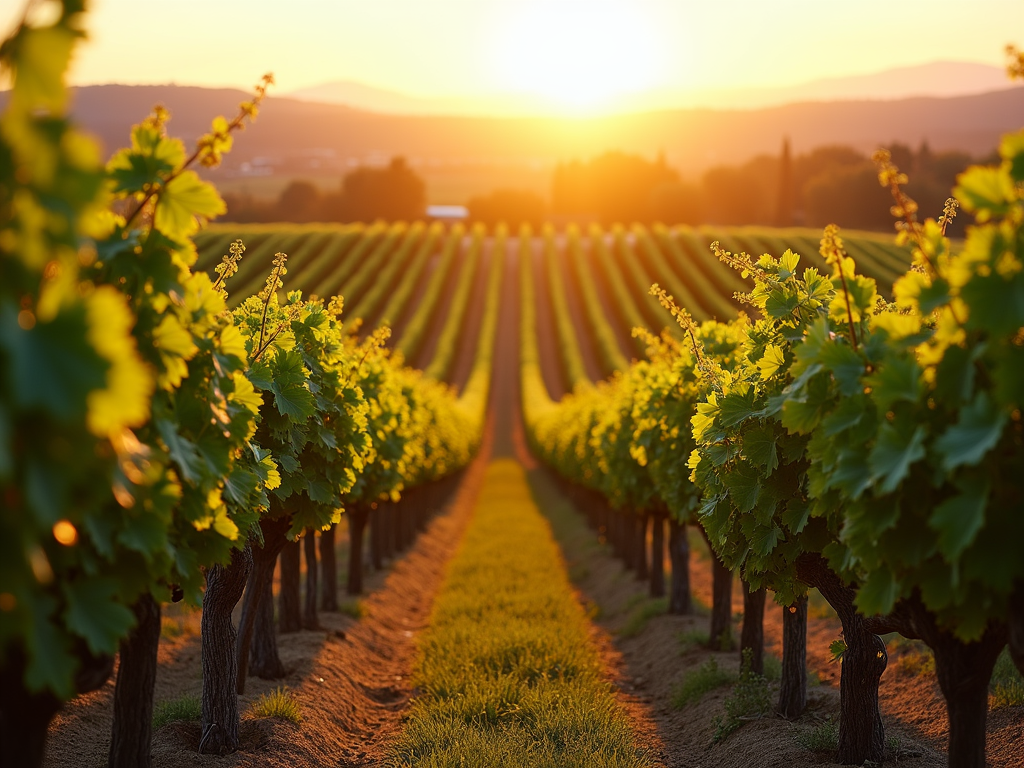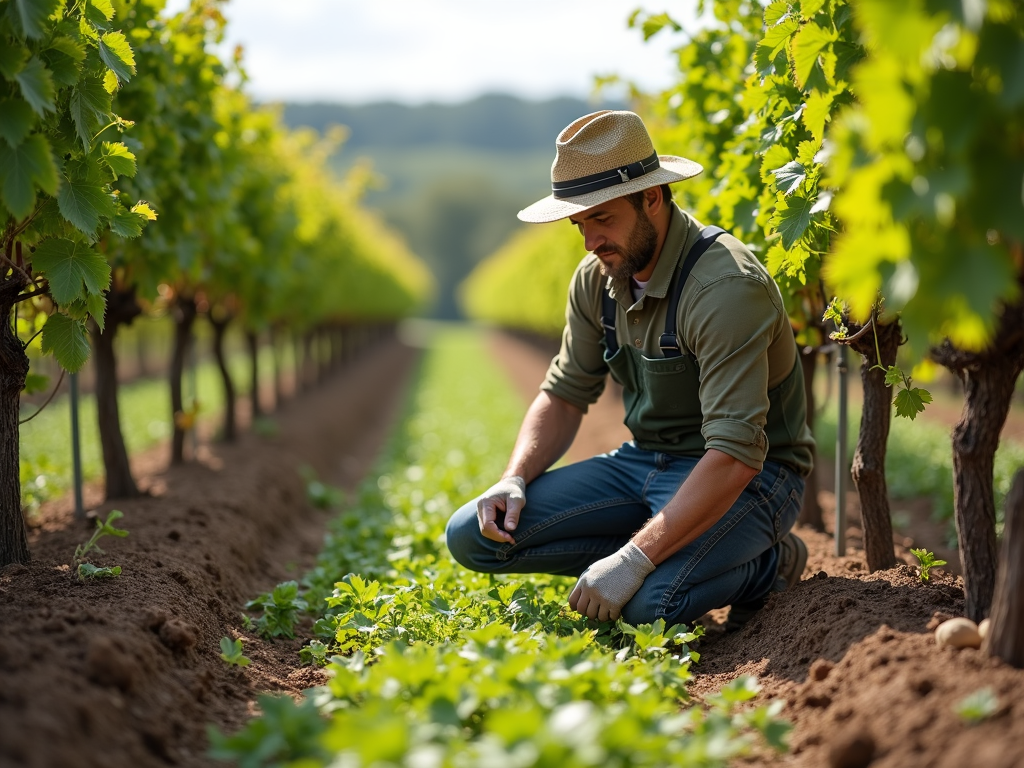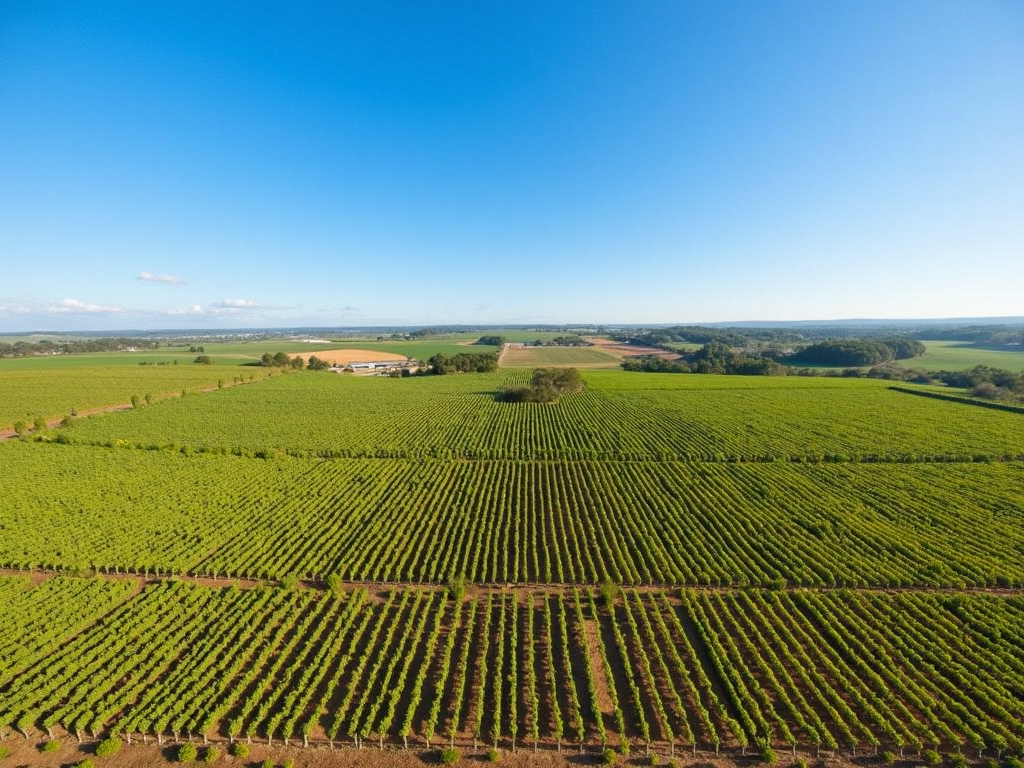Why Organic Vineyards Matter: A Deep Dive into Jackson Family Wines
Overview
Organic vineyards are gaining attention for their sustainable practices and quality wines. Jackson Family Wines leads this movement, showing how organic farming benefits the planet and wine lovers alike. This article explores their efforts and why organic vineyards matter today.
What Makes Organic Vineyards Special?
Organic vineyards stand out because they skip synthetic chemicals. Instead, they use natural methods to grow grapes. This choice protects the soil, wildlife, and even the air we breathe. For wine drinkers, it means sipping a product that’s cleaner and truer to its roots. Jackson Family Wines and organic vineyards go hand in hand, proving that good wine doesn’t need harsh additives.

Jackson Family Wines: Setting the Standard
Jackson Family Wines isn’t just another name in the wine world. Known for wine brands like Kendall-Jackson and La Crema, they’ve embraced organic farming across their estates. Their Rooted for Good plan aims to make all their vineyards regenerative by 2030. This means healthier soil and a smaller carbon footprint. They’ve earned certifications from groups like the Certified California Organic Farmers (CCOF), showing their commitment is real.
Why Soil Health Matters
Healthy soil is the backbone of organic vineyards. Without chemicals, the ground stays rich with nutrients. Jackson Family Wines uses cover crops—like clover or mustard—to keep soil alive. These plants prevent erosion and feed the vines naturally. Studies from UC Davis show organic soil can store more carbon, helping fight climate change. It’s a win for the earth and the wine.

Benefits You Can Taste
Organic farming does more than help the planet—it improves the wine. Grapes grown without chemicals often have bolder, more unique flavors. The natural process lets the land shine through in every sip. Tasting a Jackson Family Wines bottle, you notice the difference. Their organic vineyards produce wines that feel authentic, not masked by artificial extras.
Facing the Challenges
Organic farming isn’t always easy. Pests and diseases can hit harder without synthetic sprays. Jackson Family Wines tackles this with clever solutions. They use owls and bats to eat bugs naturally. Drones fly overhead to spot problems early. These steps keep their vineyards strong, showing that organic methods can work with a little creativity.

How Organic Vineyards Shape the Industry
The wine industry is watching Jackson Family Wines closely. As people demand greener options, more wineries are going organic. This shift isn’t just a fad—it’s a response to real consumer interest. A report from the Organic Trade Association notes organic wine sales are climbing yearly. Jackson Family Wines proves it’s possible to be sustainable and successful, pushing others to follow.
A Personal Visit to Jackson Family Wines
Last summer, I walked through a Jackson Family Wines vineyard in Sonoma. The air felt fresh, and the vines looked alive. Workers pointed out compost piles and explained how they avoid chemicals. Tasting their Pinot Noir, I could sense the care in every glass. It wasn’t just wine—it was a story of the land, told without shortcuts. That experience stuck with me.

The Bigger Picture
Organic vineyards like those of Jackson Family Wines matter beyond the bottle. They reduce pollution and support ecosystems. They also inspire us to think about where our food and drinks come from. Choosing organic wine is a small step toward a healthier planet. It’s a choice Jackson Family Wines makes every day, and it’s paying off.
Quick Facts About Organic Vineyards
Here’s a simple breakdown:
- No synthetic chemicals: Better for soil and health.
- Biodiversity: More plants and animals thrive.
- Carbon capture: Organic soil traps more CO2.
- Taste: Wines reflect their natural origins.
Jackson Family Wines checks all these boxes, making them a standout in the field.

Summary
Why Organic Vineyards Matter: A Deep Dive shows how Jackson Family Wines leads with purpose. Their organic practices improve wine quality, protect the environment, and influence the industry. From soil to glass, their work proves sustainability matters. Check out the recommended readings below to learn more about their journey and organic winemaking.